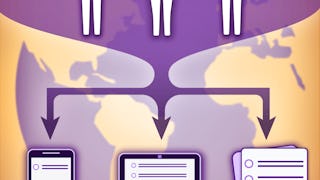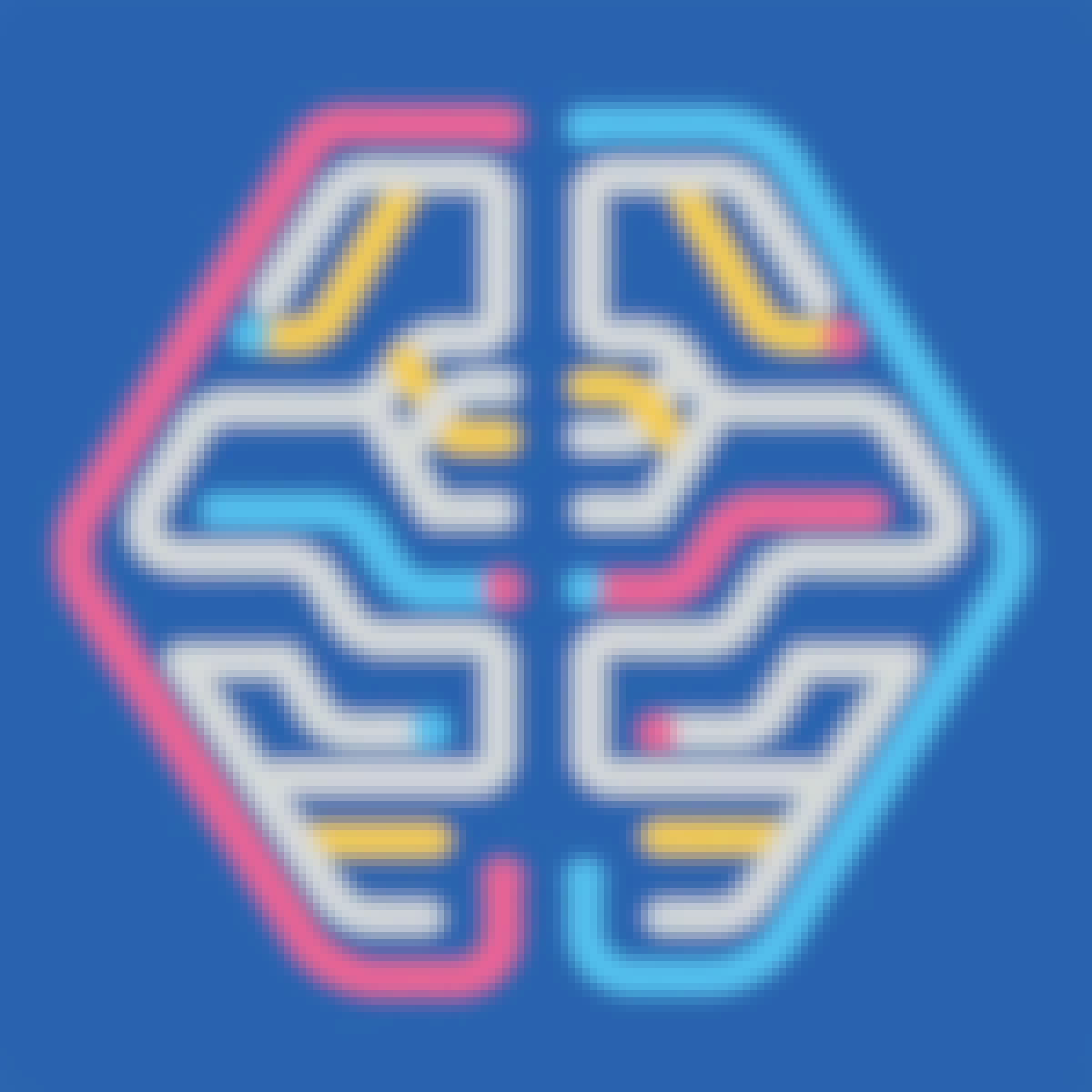Filter by
SubjectRequired
LanguageRequired
The language used throughout the course, in both instruction and assessments.
Learning ProductRequired
LevelRequired
DurationRequired
SkillsRequired
SubtitlesRequired
EducatorRequired
Explore the Quantitative Methods Course Catalog

Skills you'll gain:

Skills you'll gain: Data Ethics, Artificial Intelligence, Governance, Decision Making, Business Ethics, Ethical Standards And Conduct
 Status: Free Trial
Status: Free TrialDuke University
Skills you'll gain: Python Programming, Simulations, Debugging, Statistical Methods, Pandas (Python Package), Program Development, Unit Testing, Test Case, Data Science, Development Testing, Software Design, Computational Thinking, Integration Testing, Computer Programming, Data Manipulation, Data Structures, Data Cleansing, Data Analysis, Software Engineering, Systems Integration

Google Cloud
Skills you'll gain: Machine Learning Methods, Performance Tuning, Natural Language Processing, Artificial Neural Networks, Deep Learning
 Status: New
Status: NewSkills you'll gain: Ideation, Prompt Engineering, Storytelling, Brainstorming, Creative Thinking, ChatGPT, Creativity, Learning Strategies, Generative AI, Game Design, Data Ethics, Storyboarding, Animation and Game Design, Artificial Intelligence, Content Creation, Writing, Graphical Tools

Johns Hopkins University
Skills you'll gain: Survey Creation, Epidemiology, Data Collection, Public Health, Health Equity, Health Policy, Sampling (Statistics), Health Informatics, Health Disparities, Health Information Management, Data Integration, Continuous Monitoring

Skills you'll gain: Generative AI, Image Analysis, Google Cloud Platform, Deep Learning, Unsupervised Learning, Machine Learning Methods, Applied Machine Learning

Google Cloud
Skills you'll gain: CI/CD, Google Cloud Platform, Apache Airflow, MLOps (Machine Learning Operations), Data Pipelines, Tensorflow, Kubernetes, Continuous Deployment, Metadata Management, Continuous Integration, PyTorch (Machine Learning Library), Machine Learning Methods, Containerization
 Status: Free
Status: FreeCoursera Project Network
Skills you'll gain: Process Flow Diagrams, Business Process, Target Audience, Data Visualization, Content Creation, Collaborative Software

Northeastern University
Skills you'll gain: Dashboard, Data Storytelling, Data Visualization, Data Presentation, Interactive Data Visualization, Infographics, Data Literacy, Tableau Software, Data Visualization Software, Presentations, Statistical Visualization, Storytelling, Design Elements And Principles, Key Performance Indicators (KPIs), Stakeholder Communications

Johns Hopkins University
Skills you'll gain: Exploratory Data Analysis, R Programming, Ggplot2, Statistical Methods, Data Analysis, Statistical Analysis, Unsupervised Learning, Histogram, Dimensionality Reduction, Heat Maps, Color Theory
 Status: Free Trial
Status: Free TrialGoogle Cloud
Skills you'll gain: Data Ethics, Artificial Intelligence, Business Priorities, Accountability, Business Ethics, Ethical Standards And Conduct, Governance, Decision Making, Organizational Change
Quantitative Methods learners also search
In summary, here are 10 of our most popular quantitative methods courses
- iOS Mobile Lifecycle and Software Development Approaches: Meta
- Introduction to Responsible AI - Bahasa Indonesia: Google Cloud
- Designing Larger Python Programs for Data Science: Duke University
- Attention Mechanism - Bahasa Indonesia: Google Cloud
- ChatGPT for Creatives: Packt
- Nouvelles approches pour mesurer la santé de la population: Johns Hopkins University
- Introduction to Image Generation - Português Brasileiro: Google Cloud
- ML Pipelines on Google Cloud - 한국어: Google Cloud
- Créer des infographies attrayantes avec Creately: Coursera Project Network
- Designing Engaging Dashboards for Healthcare Analytics: Northeastern University










